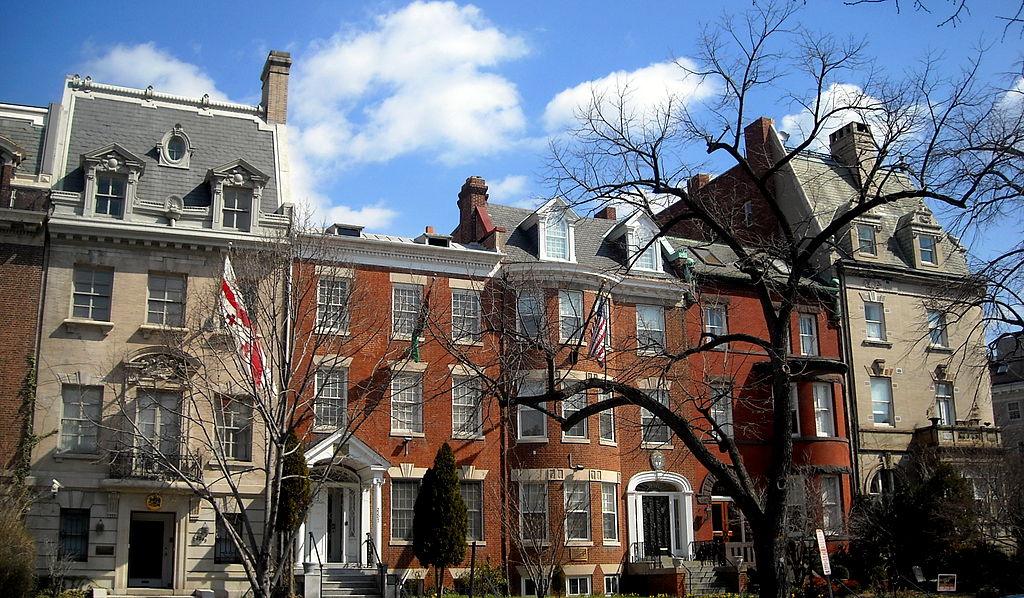A Call for the Reform of Diplomatic Immunity
Codified through international law at the Vienna Convention on Diplomatic Relations in 1961, diplomatic immunity grants foreign diplomats legal immunity to ensure safe passage and prevent lawsuit or prosecution based on the host country’s laws. The tradition behind diplomatic immunity dates back thousands of years, traced through Indian epics and accounts by Roman and Greek officials. Despite this, the invocation of diplomatic immunity has not been constrained by many governments and has allowed cases of rape, sexual exploitation, human trafficking, driving while under the influence, and many other crimes to go without prosecution. This calls into question whether or not the international community should consider constraints on when diplomatic immunity—or diplomatic protection as an extent—can be invoked in certain crimes.
Diplomatic immunity has been upheld by most countries following the Vienna Convention. Countries commit to adhering to the principles contained in the Vienna Convention because they realize the benefit it provides to their own national diplomats, who may be subjected to criminal processes in host countries if the relationship was disrupted. This form of protection allows diplomats a safeguard in case animosity rose between nations. Unfortunately, diplomatic immunity has developed into a form of power allowing diplomats to subvert criminal activities under the guise of diplomatic immunity.
In past years, the public has considered the ethics behind diplomatic immunity. The case of Grace Mugabe, the wife of Zimbabwe President Robert Mugabe who attacked a South African model, raises questions over the use of diplomatic immunity in crimes of harm. Paired with the number of officials that claim diplomatic immunity over crimes of pedophilia, as in the case of a pair of Mexican diplomats in the UK, challenges whether there should be restrictions on the use of diplomatic immunity. Additionally, controversy has stirred between landlords and diplomats who refuse to pay their rent, claiming diplomatic immunity over any legal proceedings against them.
Although this has been a long-standing issue, countries such as Canada are beginning to challenge the use of diplomatic immunity in civil cases. Specifically, Canada is looking into how diplomats use the protection of diplomatic immunity to avert paying rent. The Ontario Superior Court ruled in favor of a landlord in his case against a US embassy worker, effectively challenging the use of diplomatic immunity in civil cases. This has the potential to facilitate pushes for more countries to refine the use of diplomatic immunity in civil cases such as avoiding parking and driving tickets, child support, and taxation whenever they arise to egregious amounts.
But, redefining when and how diplomatic immunity can be invoked is problematic in its own regard. Consider that the countries with the largest number of unpaid parking violations, driving infractions, and overall criminal charges are connected with corrupt regimes, including Kuwait, Egypt, Sudan, Chad, and Bulgaria. If host countries suddenly began to crack down on charges against diplomats from these countries, could it lead to false accusations or arrests to diplomats in their countries as a form of retaliation? In the current geopolitical context with straining relationships between many of the most powerful countries in the world, the potential of this effect could become substantially more devastating if it develops into the global norm. Further, it has the ability to lead to total breakdowns within the United Nations and other global institutions if the already drained relationships between the US, China, Russia and other countries continue to deteriorate.
On the other hand, the standards and procedures behind diplomatic immunity call for reevaluation to bring the focus on the need for this protection in the first place. Instead of serving self-interested bureaucrats, diplomatic immunity needs to promote the role of proper diplomacy while reducing the criminal activities that are veiled under it. If the international community is to run at its most efficient and morally grounded levels, the reconceptualization of this special privilege is necessary.





